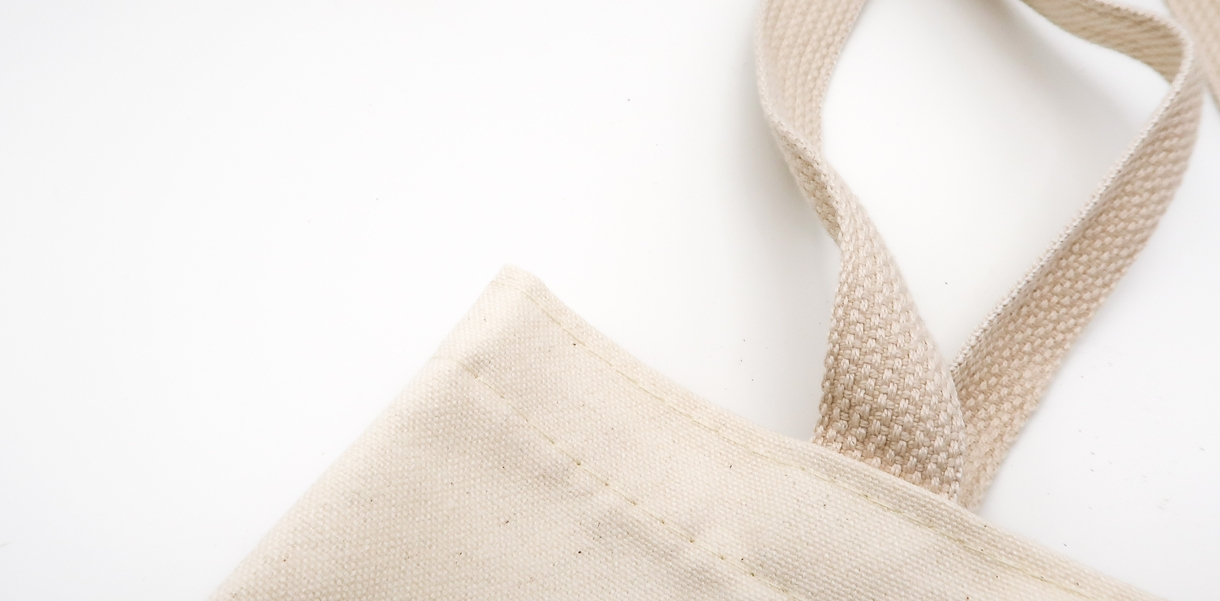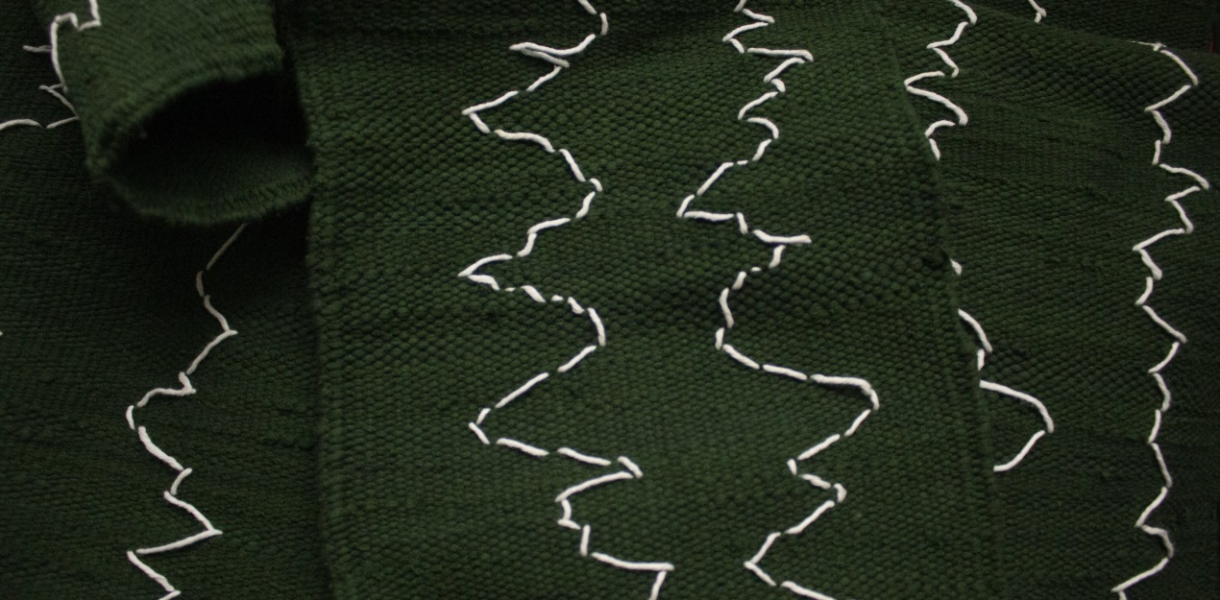There are many reasons why we choose to buy one product over another. Sometimes it's cost, other times aesthetics. But what about the aspect of sustainability and the choice to buy a product that doesn't harm the planet as much? Products made from natural materials, or perhaps even from recycled ones. But is buying these goods really eco-conscious?
Let's say you need a pair of shoes. Now, the perceived choice might be between leather loafers or organic cotton canvas sneakers. With animal ethics and the environment in mind, most would say that canvas is the right option, even more so, if the leather has been chrome tanned – a highly toxic process. But, the problem I see here is exactly this perceived choice. It's time to take a step back.
More often than not, household items and apparel can be repaired, shoes included. Instead of buying a new pair of shoes, taking your current pair to a repair shop is much more eco-friendly, and likely cheaper. But I get it; perhaps you're looking for a different style.
Another option would be to visit a resale shop. How does this differ from a regular shop? Well, in both cases, the environmental impact of manufacturing and transport has already been made. What's different is that resale shops don't regulate the manufacturing process. In a regular shop, you're voting with your dollar – the more products purchased, the more is produced. In resale shops, however, you are purchasing a good that is already detached from that process.
"Most goods, no matter how eco-friendly, still hurt the planet."
In 2011, Patagonia, a famously eco-conscious clothing company, ran a campaign for their products with the title "Don't buy this jacket". And this isn't some clever reverse psychology, mind you. The matter of fact is that most goods, no matter how eco-friendly, still hurt the planet. If someone buys a new eco-conscious jacket, even when they have a perfectly usable jacket already, well, they're missing the point.
OCC on Youtube summed this paradox up well: "More product sales mean more growth for the company, but increasing sales also means an increase in physical waste and emissions from creating, packaging and shipping the products". Therefore, supporting an eco-friendly company mightn't always in itself be the most eco-friendly solution.
A personal example would be stationery. I'm a big proponent of fountain pens, and on initial thought, one might think that a fancier pen, which someone keeps reusing, is more eco-friendly than using up hundreds of Bic ballpoints. While that may be true based on the aspect of disposed waste, it's completely ignoring other aspects, such as raw materials, production and transportation costs.
Based on Bic's sustainable development report in 2011, in terms of the environmental impact, disposal accounts for less than 1%. The fancier a pen, the more those other costs rise, and unfortunately, they make up for the bulk of the impact. And this isn't even accounting for the inevitable pitfall of collectors. (If you care to learn more, Pen Economics has written a wonderful article about this).
Another example is plastic bags. Terrible for the environment and the ocean but, we're very efficient at making them, and the alternatives aren't much better. A study from 2018 showed that, in terms of energy used and CO2 emissions, a canvas bag would need to be reused 7,100 times to even out a plastic bag. The choice isn't between using plastic once or reusing canvas. We can reuse plastic as well.
Now, don't get me wrong, I'm not saying that eco-conscious goods don't have their place — of course, they do! Especially since most of the arguments stated here don't apply to consumable products, such as soap. Just remember to think twice before you buy — you mightn't need something new.
-
Image: Mel Poole




